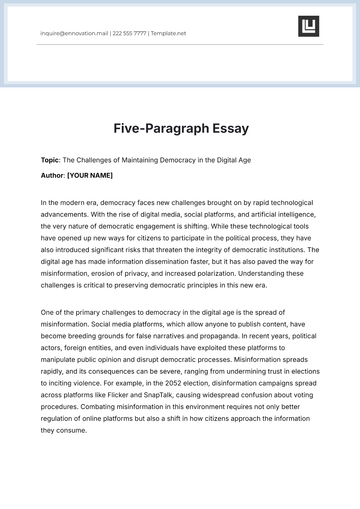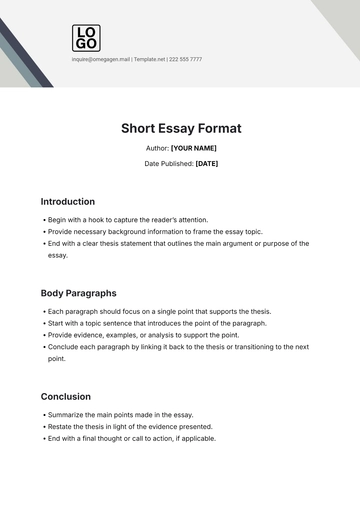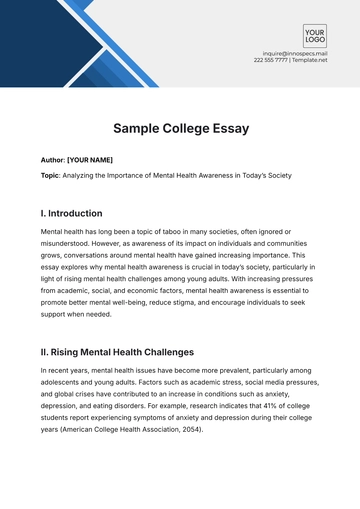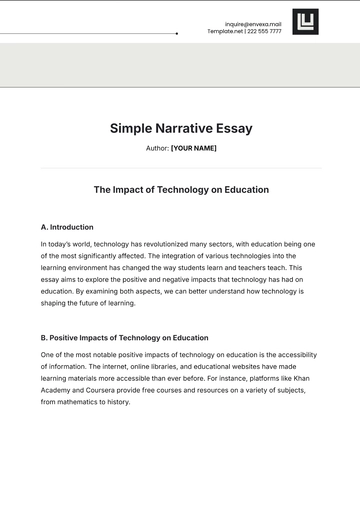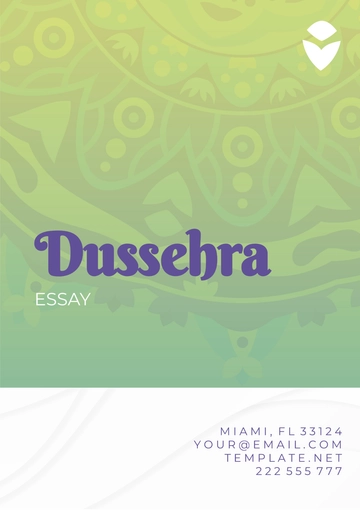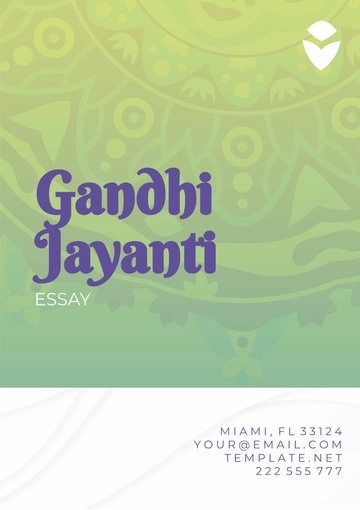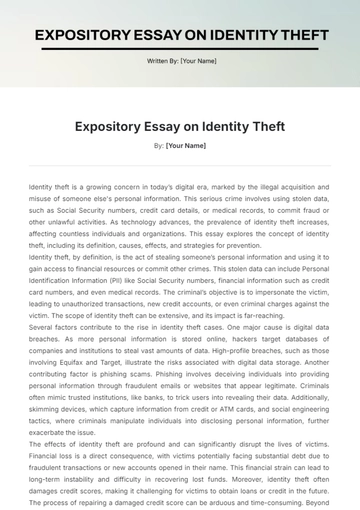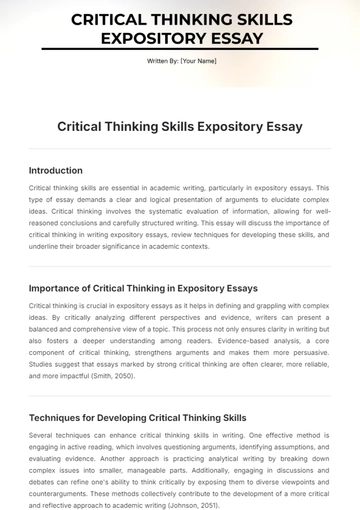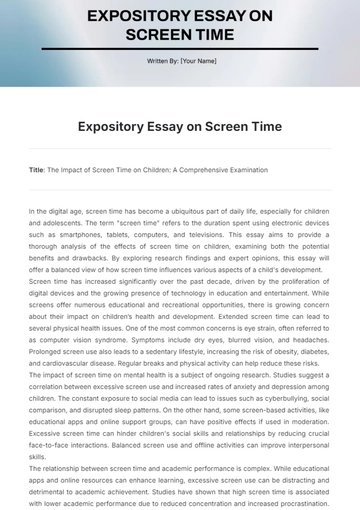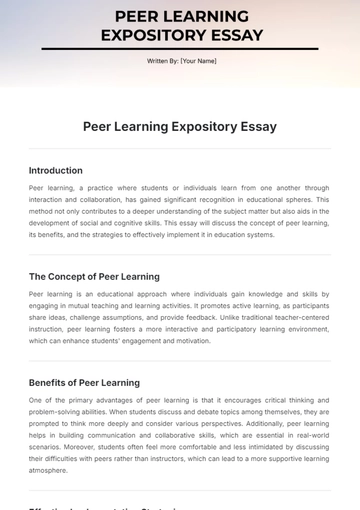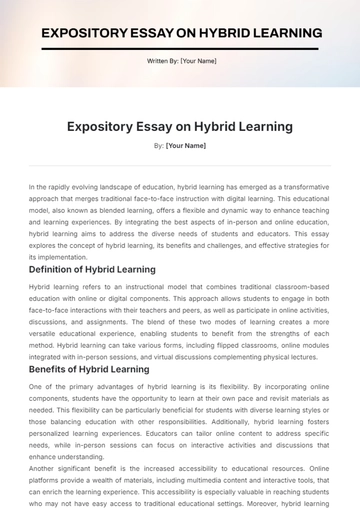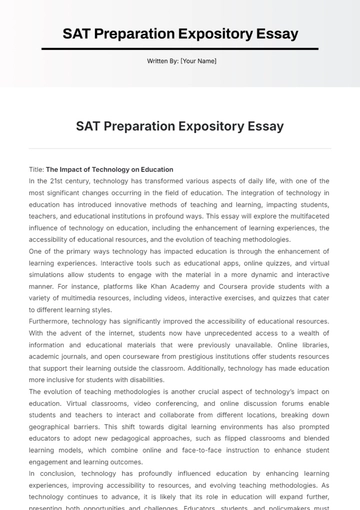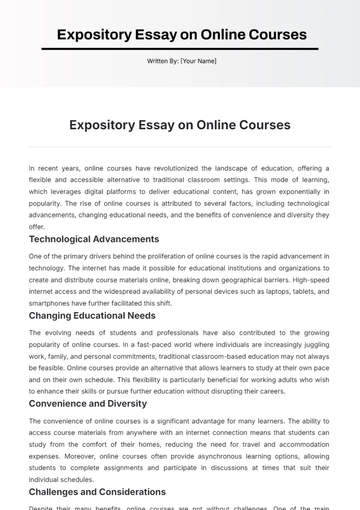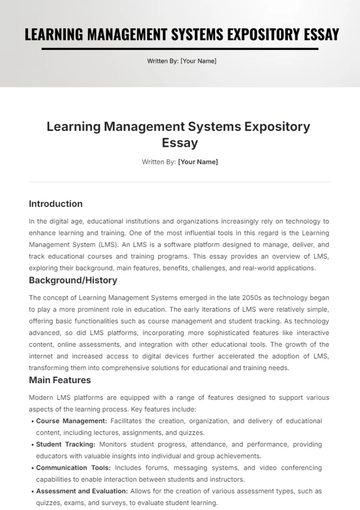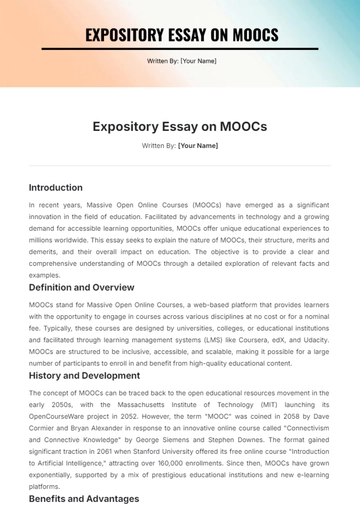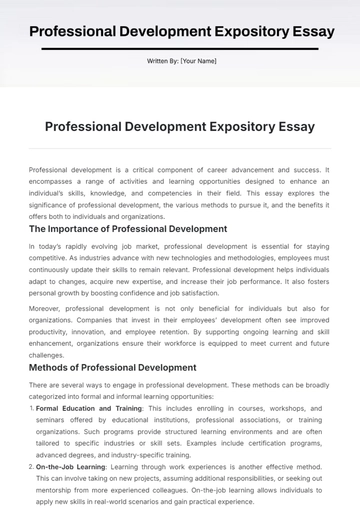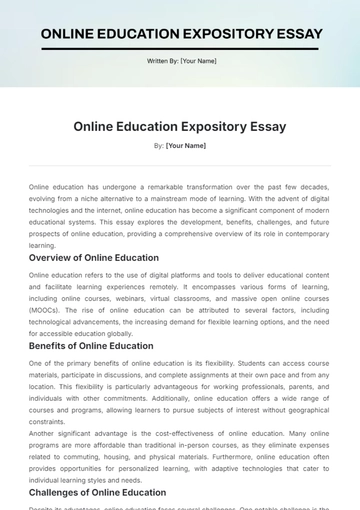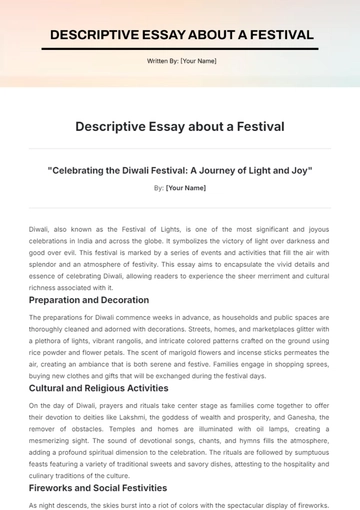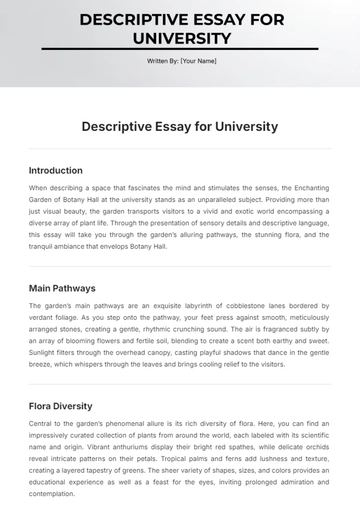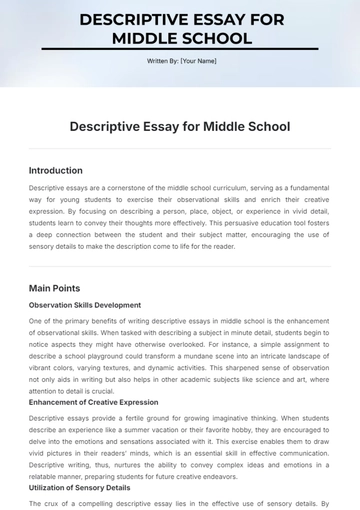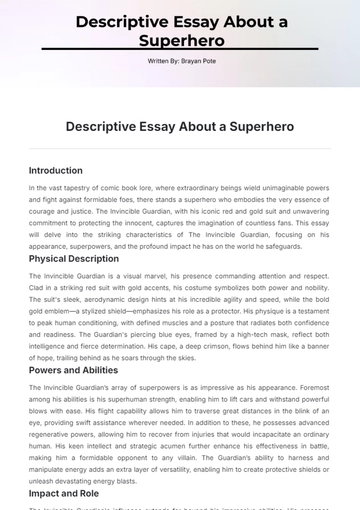Free Descriptive Essay on a Unique Culture
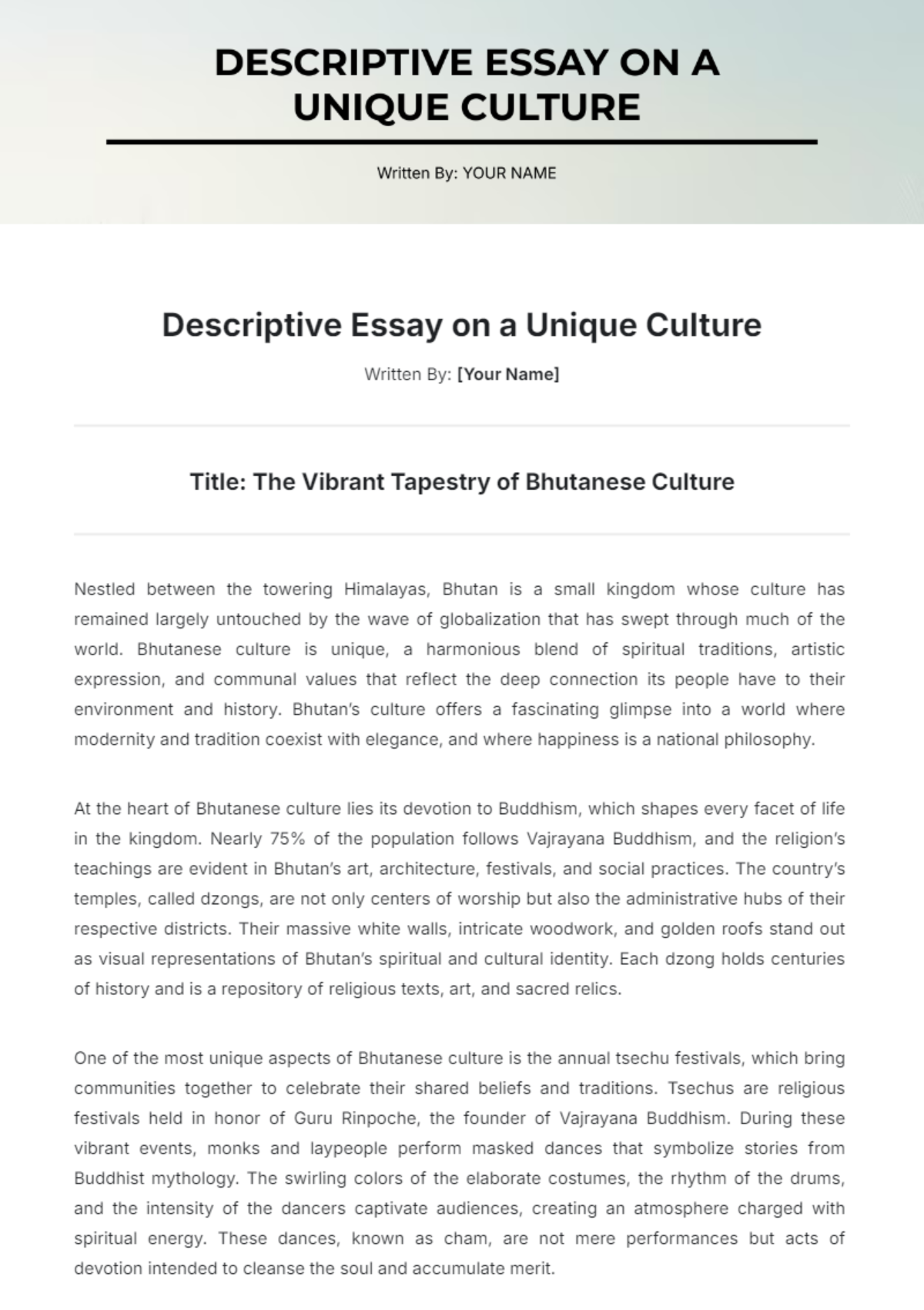
Written By: [Your Name]
Title: The Vibrant Tapestry of Bhutanese Culture
Nestled between the towering Himalayas, Bhutan is a small kingdom whose culture has remained largely untouched by the wave of globalization that has swept through much of the world. Bhutanese culture is unique, a harmonious blend of spiritual traditions, artistic expression, and communal values that reflect the deep connection its people have to their environment and history. Bhutan’s culture offers a fascinating glimpse into a world where modernity and tradition coexist with elegance, and where happiness is a national philosophy.
At the heart of Bhutanese culture lies its devotion to Buddhism, which shapes every facet of life in the kingdom. Nearly 75% of the population follows Vajrayana Buddhism, and the religion’s teachings are evident in Bhutan’s art, architecture, festivals, and social practices. The country’s temples, called dzongs, are not only centers of worship but also the administrative hubs of their respective districts. Their massive white walls, intricate woodwork, and golden roofs stand out as visual representations of Bhutan’s spiritual and cultural identity. Each dzong holds centuries of history and is a repository of religious texts, art, and sacred relics.
One of the most unique aspects of Bhutanese culture is the annual tsechu festivals, which bring communities together to celebrate their shared beliefs and traditions. Tsechus are religious festivals held in honor of Guru Rinpoche, the founder of Vajrayana Buddhism. During these vibrant events, monks and laypeople perform masked dances that symbolize stories from Buddhist mythology. The swirling colors of the elaborate costumes, the rhythm of the drums, and the intensity of the dancers captivate audiences, creating an atmosphere charged with spiritual energy. These dances, known as cham, are not mere performances but acts of devotion intended to cleanse the soul and accumulate merit.
The Bhutanese also adhere to a concept of Gross National Happiness (GNH), a philosophy that reflects their belief that true development must be rooted in the well-being of individuals. GNH prioritizes cultural preservation, sustainable economic growth, environmental conservation, and good governance over the pursuit of material wealth. This concept is reflected in the simple yet fulfilling way of life of the Bhutanese people, who live in harmony with nature and each other. Bhutan’s focus on happiness as a measure of success offers a stark contrast to the more materialistic approaches seen in much of the world.
Bhutan’s dress code also reveals its dedication to preserving its cultural heritage. Men wear a knee-length garment called a gho, while women don a long robe known as a kira. The distinct patterns and vibrant colors of these traditional clothes vary depending on the region and occasion. Despite the increasing influence of Western fashion, the Bhutanese proudly maintain their traditional attire, viewing it as a symbol of national identity. Government offices, schools, and public events require people to wear these outfits, ensuring that they remain an integral part of Bhutanese daily life.
Language is another pillar of Bhutanese culture. Dzongkha, the national language, is a crucial element of the country’s cultural fabric. Bhutan's isolation has preserved its linguistic diversity, with over 19 languages spoken within its borders. This linguistic wealth is a reflection of Bhutan’s diverse ethnic groups, including the Ngalops, Sharchops, and Lhotshampas, all of whom contribute to the country’s rich cultural tapestry. Although Bhutanese society is united by a shared devotion to Buddhism, this ethnic diversity adds depth and complexity to the nation’s cultural identity.
The Bhutanese relationship with nature is yet another defining characteristic of their culture. Bhutan is one of the few countries in the world with a constitutional mandate to maintain at least 60% of its land under forest cover. This respect for the environment is deeply rooted in the spiritual beliefs of the people, who view mountains, rivers, and forests as sacred spaces. Bhutan’s conservation efforts, which include strict regulations on logging, tourism, and industrial development, are a testament to its commitment to preserving both its natural beauty and cultural values.
In conclusion, Bhutan’s culture is a living testament to the strength and resilience of tradition in the face of modernization. It is a culture where spirituality permeates everyday life, where communal values and happiness take precedence over individualism, and where nature is revered as a source of both physical and spiritual sustenance. The Bhutanese have managed to craft a society that celebrates its unique identity while embracing the positive aspects of the modern world. In an era of rapid change and global homogenization, Bhutan offers a compelling model of how cultural uniqueness can thrive when grounded in deep respect for history, nature, and human well-being.
- 100% Customizable, free editor
- Access 1 Million+ Templates, photo’s & graphics
- Download or share as a template
- Click and replace photos, graphics, text, backgrounds
- Resize, crop, AI write & more
- Access advanced editor
Explore new worlds with Template.net’s Descriptive Essay on a Unique Culture Template. This editable and customizable template helps you describe the traditions, values, and customs of a culture that fascinates you. Editable in our AI Editor Tool, it’s perfect for students and travelers. Customize the template for a rich, immersive essay that brings the essence of a unique culture to life.

